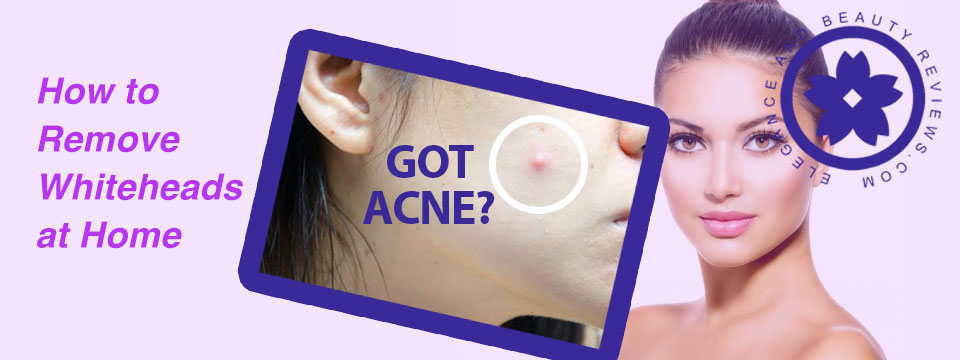Stress affects the body in many different ways, influencing virtually all of our physical systems as well as altering our mood.
In fact, stress affects us in just about every way imaginable. So it should come as no surprise that stress has a noted effect on the frequency and severity of acne as well.
Most everyone agrees that stress does not cause acne, though it seems to have a tendency to exacerbate an already existing problem. Because stress comes in so many different forms and is inherently hard to measure, for a long time we only had anecdotal evidence to suggest its effects on skin conditions.
There are, however, a few studies that have examined the correlation between high stress situations (such as college exams) and the severity of acne, and they have corroborated what most doctors and acne sufferers alike have long suspected, that there
is indeed a link.
Of course, stress itself is a somewhat hazy concept, and therefore very difficult to pin down. So what exactly are we talking about when we discuss stress, and how could it influence the state
of your skin?
What is Stress?
One dictionary definition of stress states that it is “a state of mental or emotional strain or tension resulting from adverse or very demanding circumstances.” So anything that places a significant strain on you can qualify as stress. So right now, you might be wondering: “What doesn’t qualify as stress?”
Well, nothing, really. Everything causes some level of tension or strain, whether you’re aware of it or not. Even reading acne product reviews probably causes some people stress, but that doesn’t mean you should stop doing it.
So it’s really a matter of degree. Also, different people have different levels of tolerance for stress, meaning certain events or situations that one person experiences without negative effects may cause significant problems for another.
Most of us are familiar with the causes of emotional stress, such as anxiety over a coming event, an overwhelming workload at your job, or relationship problems, among many others.
But stress can be physical in origin as well. Common physical stressors are: lack of sleep, exercise that is too vigorous without enough rest in between workouts, excessive alcohol or drugs, bad food, or simply having a generally hectic lifestyle that has you on the go constantly.
What is especially interesting about these categories is that they often overlap with other known causes of acne. Consider diet, for instance. It may be that what you’re eating is directly causing your acne to flare up, but it also may be that the food you eat is adding to the overall level of physical stress that your body is under, and this is what is causing your increased breakouts.
This is another reason why the specific cause of acne (and most other skin diseases) is often so hard to pinpoint – the contributing factors overlap and interweave with each other in a way that makes
them difficult if not impossible to separate.
How Does Stress Cause Acne?
Since stress affects every system in the body, it is impossible to say that we understand all the ways it can affect the quality of your skin. However, there are at least two mechanisms by which we know stress can affect acne outbreaks.
Stress tends to cause an inflammation response in the body, in part due to the release of cortisol and other stress hormones into the bloodstream. When we are subject to constantly elevated levels of stress for long periods of time, that inflammation response becomes chronic.
This causes an exaggerated response by the body to the P. acnes bacteria that lives inside the hair follicles in your skin. The body sends an excess of blood to those areas in order to fight this bacteria, and the area becomes locally inflamed, and you end up with a pimple.
The other known mechanism by which stress can worsen acne is through adrenal overdrive. When you are stressed out, your adrenal gland works harder, pumping out (among other things) more androgen hormones, which are linked to an increase in sebum production and thus more acne.
The effect seems to be even worse for women than for men, since women produce a
higher percentage of their androgen hormones in the adrenal gland.
What Can You Do About Stress?
Stress is not a one-way road. More acne often means more stress, so the issue becomes a self-perpetuating cycle. So the obvious question is: What can you do about stress?
Stress is impossible to avoid altogether, but there are some basic guidelines you can follow. Lower your physical stress through general health habits like improving your quantity or quality of sleep, eating healthier, and cutting back or quitting alcohol, tobacco, and other drugs.
Physical exercise is perhaps the single best way to deal with emotional stress, though meditation, counseling, and making certain lifestyle changes to eliminate avoidable stressors can make a big difference as well.
Often when it comes to emotional stress, the answer is not so much trying to avoid all stress (which, again, is impossible), but learning how better to handle the stress that we all inevitably experience. Don’t be ashamed to reach out ans seek professional help for stress and anxiey. I recomend you read: How to Check-In With Yourself and Your Anxiety.
This is a very personal process, and it can
sometimes be difficult, but it will make you a generally healthier person, and very well may help
to clear up your skin as well.
Any questions, please leave in the comment below!
Jen




